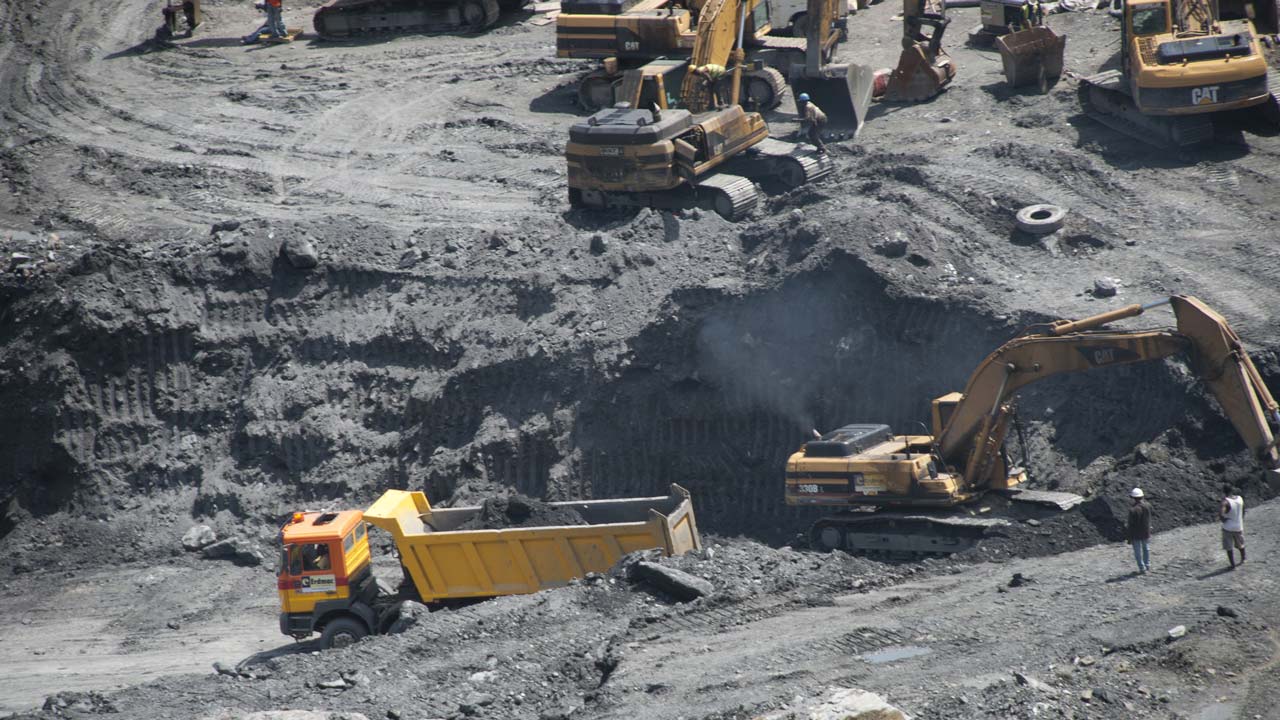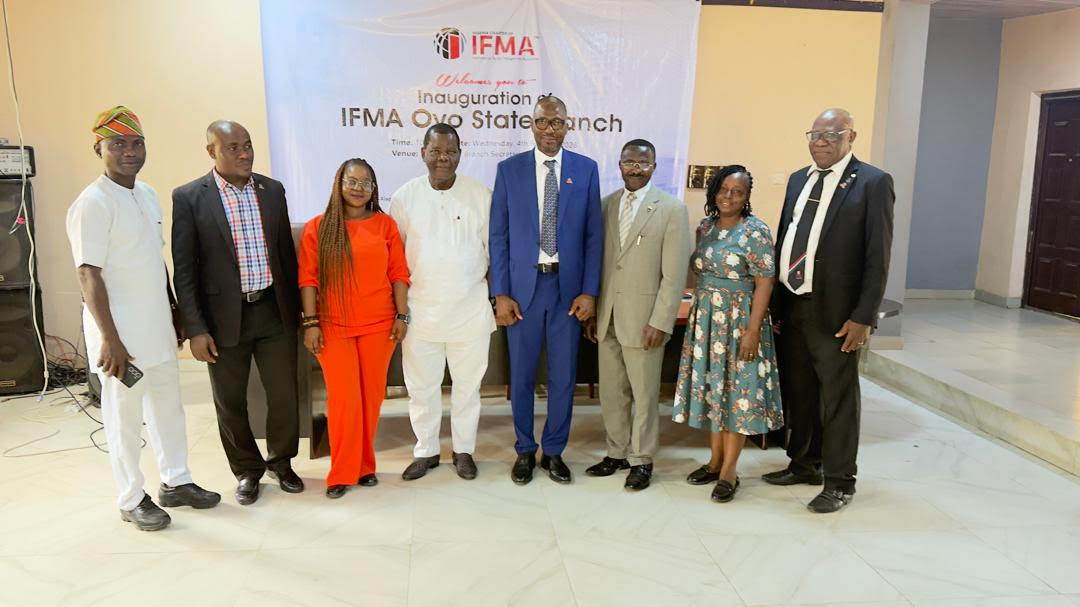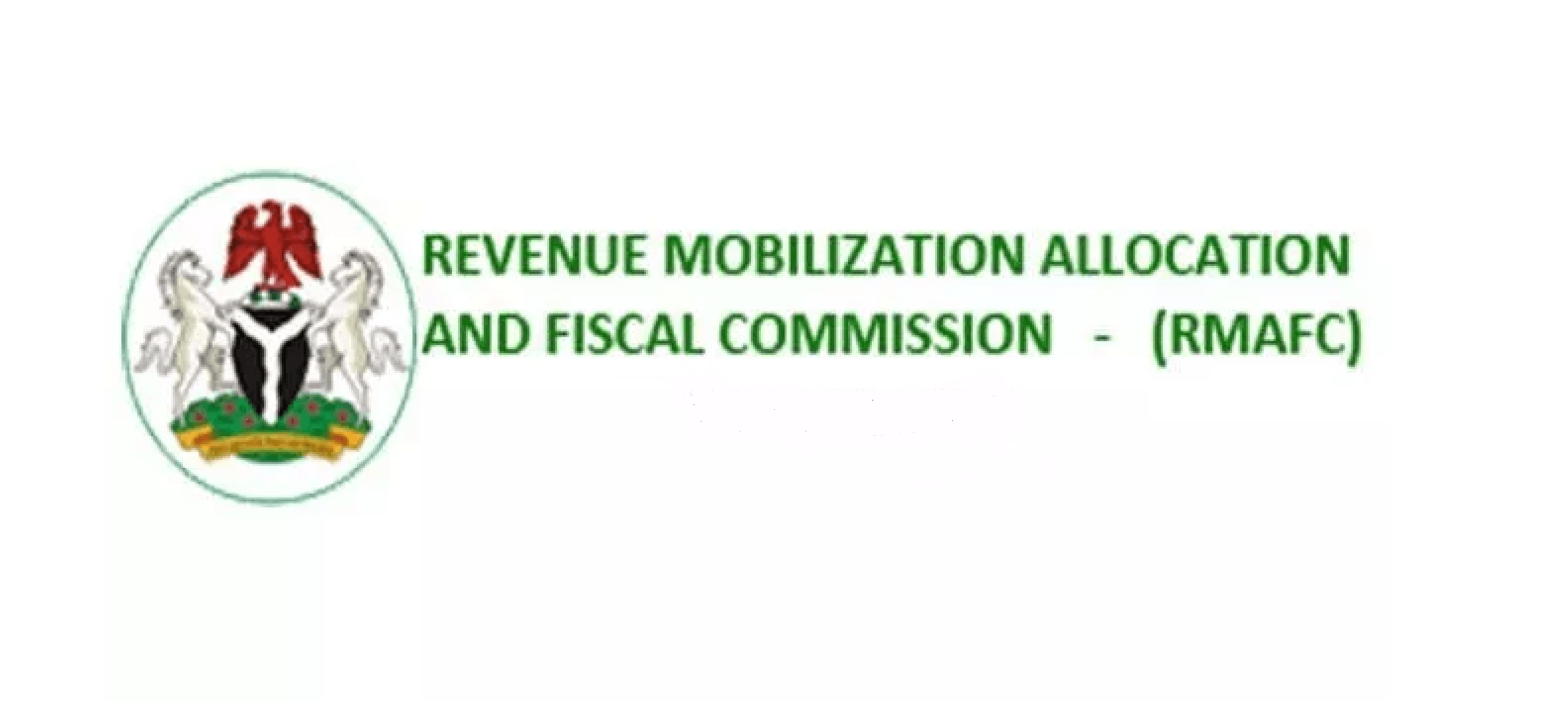General
AfDB Develops Mechanism for Revenue Generation in Extractive Industry

By Adedapo Adesanya
The African Development Bank (AfDB) has developed a three-year project in response to demands by member countries for technical assistance to monitor revenues generated from their extractive industries.
The AfDB made this known during a virtual inception workshop for the Financial Modelling Project in the Extractive Sector (FIMES) organised by the African Natural Resources Centre (ENRC) of the bank in Abidjan, Cote d’Ivoire.
According to the project report, FIMES will be implemented in eight transitional countries – Guinea, Liberia, Mali, Madagascar, Niger, Sierra Leone, South Sudan and Zimbabwe from 2020 to 2022.
The project, which is the first of its kind for the bank, is aimed at enhancing the abilities of the focal countries to improve domestic resource mobilisation from the extractive sectors.
Presenting the background information on the FIMES project, Mrs Vanessa Ushie, Division Manager, Policy Analysis, (ENRC, AfDB) said the project was aimed at the overall economic resilience of the continent.
Mrs Ushie also said that the scheme would build the capacity of government institutions to elaborate and use financial modelling of extractive projects to inform strategy setting and negotiate contracts and concessions.
She said: “20 government officials in each beneficiary member country will participate in the training, learning and knowledge activities as national beneficiaries, that is, 180 officials in the eight countries.
“Set criteria for selection of beneficiaries in the national cohort to include relevance to primary job function on extractive revenue management, knowledge of extractive sector fiscal issues’ potential multiplier effects (trainer-of-trainers approach) and IT proficiency.
“The project commits to at least 40 per cent of beneficiaries in the eight countries to be women.
“National Focal Point (NFP) main coordinating actor in each beneficiary country must be nominated by the national government to play this role.’’
She said the NFPs coordinate the national government’s engagement on the project, interface with the AfDB and other stakeholders and manage the selection of project beneficiaries.
Mrs Ushie added that the project components would focus on capacity building, peer learning and knowledge exchange, and FIMES’ Virtual Knowledge Hub.
In his contribution, Mr Yero Baldeh, Director, Transitional States Coordination Office, AfDB said the project was “competitively selected from the 2019 proposals’’.
He said the selection was done with a view to building capacity for the financing model and in turn, strengthen domestic resource mobilisation, institutional capacity and resilience in the selected transition member countries.
“The goal is to improve efficiency, sustainability and employer management practices in the artisanal and small scale mining sector in the selected transition countries.
“Through this project, the bank is strengthening the human capacity of government regulatory agencies among others to facilitate the formalisation of artisanal and small scale mining to generate employment and improve economic scales of several stakeholders, especially those along the artisanal and small scale mining value chain.’’ He added.
He reaffirmed the bank’s commitment to collaborate with member countries and its centre to proactively set up joint efforts to increase inclusiveness and accelerate development and support for policy reforms in the extractive sector.
In another contribution, Mrs Marie-Laure Akin-Olugbade, Director-General, West Africa Region, AfDB said the project would help the capacity of member governments to use financial modelling for optimising revenues from the extractives sector.
“This is a priority of the bank and is part of the strategy of the bank in putting together policies to strengthen resource mobilisation, industrialisation and the development of infrastructure,’’ she said.
Mr Akin-Olugbade noted that the Covid-19 pandemic had affected economies of member countries severely, and added that governments needed to strengthen economic resilience in order to recover.
Also, Mrs Josephine Ngure, Acting Director-General, Southern Africa Region, AfDB, said it was important for countries to have a robust and evidence-based framework to process the impact of policy decisions on extractives projects.
Mrs Ngure, who was represented by Mr Pietro Toigo, Country Manager, AfDB Office in Mozambique, added that countries should estimate the amount to which they secure fair shares of resources over the course of the project.
“This is particularly important because robust modelling gives you a sense of the impact over the whole lifespan of a project and helps policymakers not to concentrate on short term gains that may impair the ability of the state to generate revenue in the future,’’ he said.
She called for coordination and leadership across the departments in ministries that were charged with the various aspects of extractive projects.
However, Mrs Nnenna Nwabufo, Acting Director-General, East Africa Region, AfDB, lamented that most African countries exported extractive resources as raw materials with little value-added.
She noted that exportation of raw mineral resources was not beneficial to the sustainable economic development of the continent.
“We look forward to FIMES leading to increased transparency and accountability in the management of financial gains for the benefits of the countries rather than personal agenda of individuals or political interest groups,’’ she said.
She added that there was also the need to create an enabling environment that fostered linkages between projects in the extractives industry and the broader economy thereby contributing to inclusive and sustainable development.
The Director then called on the bank and it’s development partners to support member countries to build strong democratic institutions.
General
IFMA Nigeria Gets Branch in Oyo, Picks Adejumo Olusola Babatunde as Coordinator

By Modupe Gbadeyanka
A new branch of the International Facility Management Association (IFMA) Nigeria Chapter has been established in Oyo State, with Mr Adejumo Olusola Babatunde chosen as Coordinator.
The organisation set up an arm in the South-West state in a bid to expand its footprint in the country. Mr Babatunde will be assisted by other executive committee members, including Mr Ajiboye Olusola Akeem as Secretary, and Mrs Adeniran Olaide as Treasurer.
At the inauguration of the branch at the Nigerian Society of Engineers (NSE) Secretariat in the Akobo area of Ibadan, the Oyo State capital, the president of IFMA Nigeria, Mr Sheriff Daramola, expressed delight at the successful inauguration of the branch and commended members for their commitment to the growth of facility management in Nigeria.
He highlighted IFMA’s global heritage, noting that the association is supporting over 25,000 members in more than 140 countries worldwide. Mr Daramola emphasised IFMA’s strong global network, the world’s largest and most widely recognised association for facility management professionals, headquartered in the United States and its growing influence in Africa, the Middle East and Europe.
“IFMA members have taken positions of authority across federal, state, and private institutions; IFMA Nigeria is positioned to ensure our professionals are the first choice for global investors entering the Nigerian market,” he stated.
The Legal Adviser of IFMA, Nigeria, Mr Sola Fatoki, who shared this sentiment, said, “Since 1997, when IFMA Nigeria was established, the association has equipped facility management professionals with integrated knowledge spanning human behaviour, infrastructure, and the built environment.”
He encouraged engineers, architects, surveyors, ITC, Technology innovators, data analysts and allied professionals to see IFMA as their professional home and outlined the functions and responsibilities of branch executive committees.
In his remarks, Mr Babatunde expressed gratitude to the national council for the opportunity to serve and pledged to ensure the success of the branch, focusing on unity and the professional advancement of stakeholders in the region.
General
We Didn’t Recommend Ceding Disputed Oil Wells to States—RMAFC

By Adedapo Adesanya
The Revenue Mobilisation Allocation and Fiscal Commission (RMAFC) has denied reports that some disputed crude oil and gas wells have been recommended for ceding to specific oil-producing states.
In a statement issued on Sunday, the chairman of the commission, Mr Mohammed Shehu, said the attention of RMAFC had been drawn to a “purported report allegedly issued by the Inter-Agency Committee on the Verification of Coordinates of Disputed Crude Oil and Gas Wells between States,” which was circulating in sections of the national media (excluding Business Post).
The agency described the report as “misleading, premature, and does not represent the position or conclusions of the Commission.”
“At this stage, there is no finalised recommendation or decision regarding the ceding or reallocation of any oil wells, as due institutional processes are still ongoing,” the statement read.
The organisation explained that it operates a clearly defined and transparent procedure in handling assignments of national significance, stressing that the process on the disputed oil wells had not been concluded.
It disclosed that it only received a draft report from the Federal Government’s Inter-Agency Committee on Nigeria’s Oil-Producing States on Friday, February 13, 2026, which reportedly projected Cross River State as an oil-producing state.
The report, covering the nationwide 2017–2025 verification of crude oil and gas coordinates, was presented to the Chairman of RMAFC by 10 of the 14 members of the committee.
The exercise, which ran from August 2025 to February 2026, involved extensive field verification, technical reconciliation of state submissions, and a final plenary plotting of coordinates at RMAFC headquarters between January 24 and 31, 2026.
“Consistent with established protocol, the draft document has been transmitted to relevant technical and statutory stakeholders, namely the Nigerian Upstream Petroleum Regulatory Commission, the National Boundary Commission, and the Office of the Surveyor General of the Federation, for detailed review, observations, and technical input,” the commission stated.
According to the statement, after the observations and recommendations of the agencies are received, the matter will be subjected to further scrutiny by the commission’s internal tripartite committees, comprising the Committee on Crude Oil, Gas and Investment and the Legal Matters Committee.
“These committees will undertake comprehensive technical and legal reviews before presenting their findings to the Plenary Session of RMAFC for deliberation and final recommendations,” it added.
The commission further explained that upon completion of the institutional processes, its final report would be formally transmitted to the President and the Attorney-General of the Federation for necessary consideration and further action in line with applicable laws and constitutional provisions.
General
Social Media Platform X Suffers Outages Globally

By Adedapo Adesanya
Social media platform, X, formerly known as Twitter, suffered an outage globally on Monday as millions of users could not use the service.
The widespread outages have been reported by thousands of users across several countries, including Nigeria, the United States, the United Kingdom, Turkey, and India, among others.
According to data from Downdetector, a website that tracks service disruptions based on user reports, complaints about access to X started to pick up around 1:00 p.m. local time in Nigeria.
The cause of the outage was not immediately clear, and X has not put out any comment, but users told Business Post that the platform is not loading or cannot be reached, and the pattern of complaints suggests the issue is not limited to a single region.
Its developer platform status page stated “all systems are operational” all morning despite the reports.
The outage is the latest to hit internet services. X suffered a similar outage in March 2025, while a Cloudflare service outage caused access problems and downtime for various websites, including X, last November.
Microsoft’s Azure had also faced an issue last year, while disruption at Amazon AWS caused global turmoil among thousands of websites and some of the most popular apps, such as Snapchat and Reddit in October
-

 Feature/OPED6 years ago
Feature/OPED6 years agoDavos was Different this year
-
Travel/Tourism10 years ago
Lagos Seals Western Lodge Hotel In Ikorodu
-

 Showbiz3 years ago
Showbiz3 years agoEstranged Lover Releases Videos of Empress Njamah Bathing
-

 Banking8 years ago
Banking8 years agoSort Codes of GTBank Branches in Nigeria
-

 Economy3 years ago
Economy3 years agoSubsidy Removal: CNG at N130 Per Litre Cheaper Than Petrol—IPMAN
-

 Banking3 years ago
Banking3 years agoSort Codes of UBA Branches in Nigeria
-

 Banking3 years ago
Banking3 years agoFirst Bank Announces Planned Downtime
-

 Sports3 years ago
Sports3 years agoHighest Paid Nigerian Footballer – How Much Do Nigerian Footballers Earn












